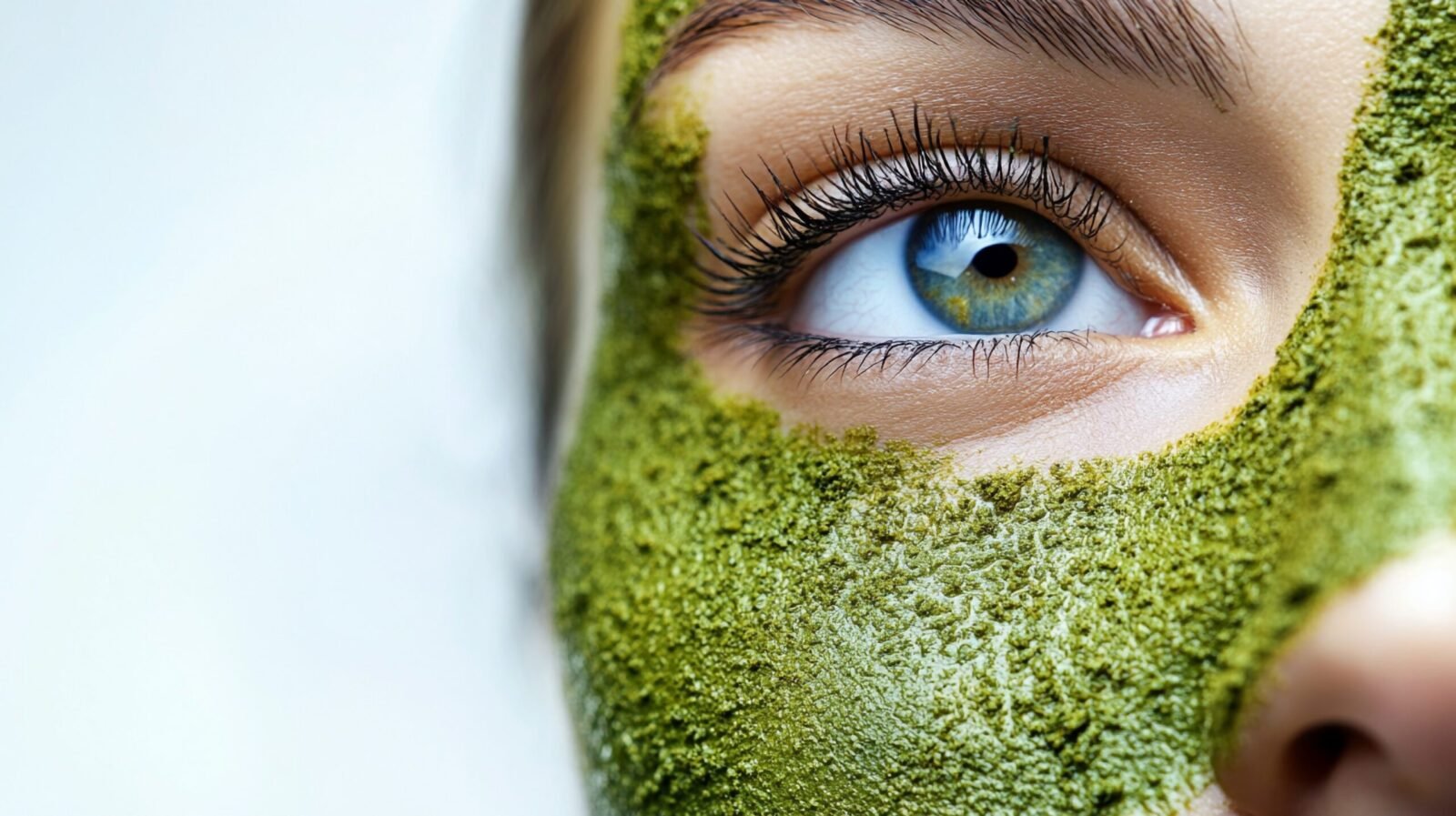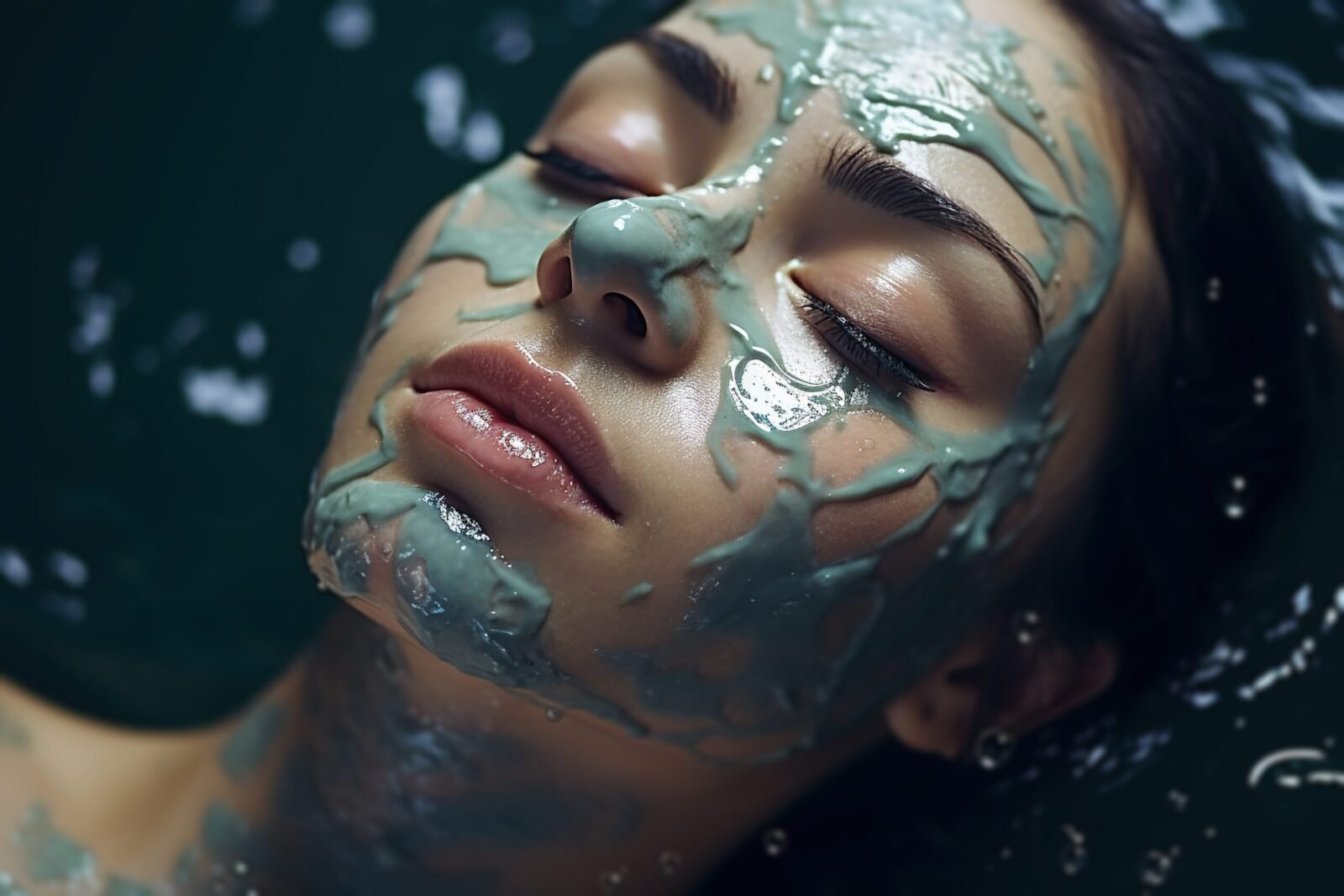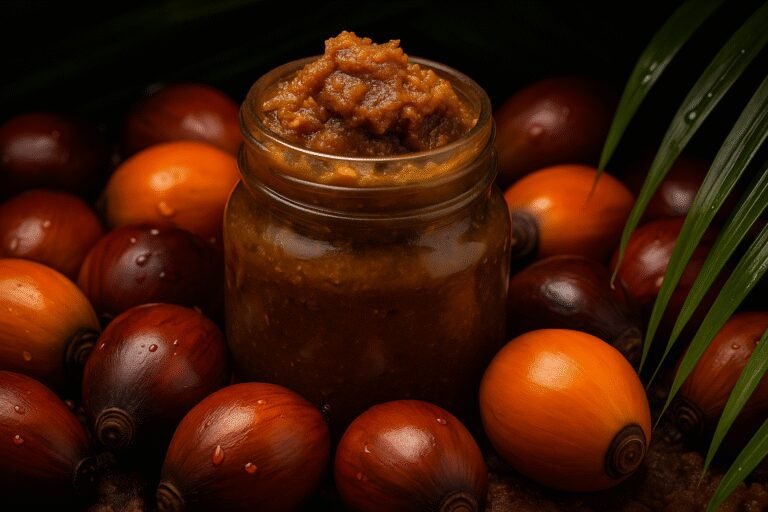Algae-derived ingredients are rapidly reshaping modern skincare. Through marine biotechnology, these ocean-based actives deliver hydration, repair, and protection while supporting clean-beauty principles. Because they are naturally rich in polysaccharides, amino acids, vitamins, and antioxidants, algae provide multifunctional benefits that appeal to both formulators and consumers. According to Marine Drugs (2023), marine algae extracts show strong moisturizing and anti-inflammatory activity, confirming their growing importance in advanced cosmetics.
Why Algae Are a Functional Powerhouse
Algae survive in extreme ocean conditions filled with UV radiation, salt, and oxidative stress. To adapt, they generate protective molecules such as phlorotannins, carotenoids, amino acids, and sulfated polysaccharides. As a result, these same compounds defend the skin against dehydration and damage. Furthermore, they enhance elasticity, improve barrier function, and support visible firmness. Because these effects occur simultaneously, a single algae extract often replaces several synthetic ingredients.
The Many Faces of Algae in Cosmetics
Microalgae — Chlorella vulgaris and Haematococcus pluvialis
Microalgae are small yet biochemically powerful. They contain peptides, amino acids, and astaxanthin, one of nature’s strongest antioxidants. Research in Nutrients (2022) demonstrated that astaxanthin protects collagen and lipids from UV-induced oxidation. Consequently, microalgae are ideal for anti-aging, revitalizing, and detoxifying formulas that target photo-damage and dullness.
Brown Algae (Phaeophyceae) — Laminaria digitata and Fucus vesiculosus
Brown algae extracts provide soothing and firming benefits thanks to fucoidan, alginates, and marine polyphenols. The International Journal of Molecular Sciences (2021) reported that fucoidan stimulates collagen synthesis and boosts microcirculation, which improves skin tone and elasticity. Therefore, brown algae work perfectly in post-sun repair creams, body gels, and firming serums.
Red Algae (Rhodophyta) — Palmaria palmata and Porphyridium cruentum
Red algae deliver intense hydration and comfort. Their polysaccharides form a thin, breathable film that helps retain moisture and reduce roughness. Evidence from Frontiers in Marine Science (2022) confirms that red-algae extracts significantly lower transepidermal water loss while softening texture. Consequently, they are highly valued in formulations for sensitive and dry skin.
Blue-Green Algae (Cyanobacteria) — Spirulina platensis
Spirulina combines high protein content with vitamin B12, iron, and gamma-linolenic acid (GLA). Its vivid blue pigment, phycocyanin, offers strong antioxidant and anti-inflammatory power. According to Antioxidants (2021), phycocyanin neutralizes free radicals and shields cells from UV stress. Because of this, Spirulina is frequently used in brightening, energizing, and barrier-repair products.
Formulation Applications
Algae extracts blend easily into serums, emulsions, and masks because most are water-soluble. They pair effectively with niacinamide, hyaluronic acid, peptides, and ceramides, delivering hydration and protection within one formula. In addition, their natural film-forming ability improves product texture and provides a luxurious sensory finish without synthetic polymers. Consequently, formulators achieve clean-beauty performance without compromising stability.
Sustainability and Marine Biotechnology
Beyond their efficacy, algae stand out for their sustainability. Controlled cultivation in photobioreactors requires little land and minimal freshwater, ensuring traceability and purity. As Algal Research (2022) explains, modern algae farms can even capture CO₂, turning production into a climate-positive process. Therefore, marine biotechnology aligns perfectly with eco-formulation and corporate-sustainability goals.
Scientific Insight and Future Outlook
Algae owe their power to adaptive chemistry. Living in dynamic ecosystems, they produce fucoxanthin, laminarin, and mycosporine-like amino acids (MAAs)—molecules that act as natural UV filters, antioxidants, and repair agents. A review in Cosmetics (2023) confirmed that more than one hundred algae species provide measurable anti-aging, soothing, and photoprotective benefits.
As biotechnology advances, formulators now isolate these compounds for precise actions: fucoxanthin for UV defense, laminarin for firmness, and MAAs for blue-light protection. Encapsulation systems further improve stability and delivery, ensuring reliable efficacy. Meanwhile, edible algae extracts are entering the nutricosmetic space, offering antioxidant support from within. When combined with collagen peptides or vitamin C, they strengthen skin defense and promote a radiant complexion.
Ultimately, algae are not just natural colorants or extracts—they are intelligent biomaterials that hydrate, protect, and renew the skin. Their scientific credibility, coupled with sustainable sourcing, ensures their central role in the next generation of cosmetic innovation.
If you would like to explore marine biotechnology ingredients for your next project, contact info@grandingredients.com or visit our Grand Ingredients Marine Portfolio.







